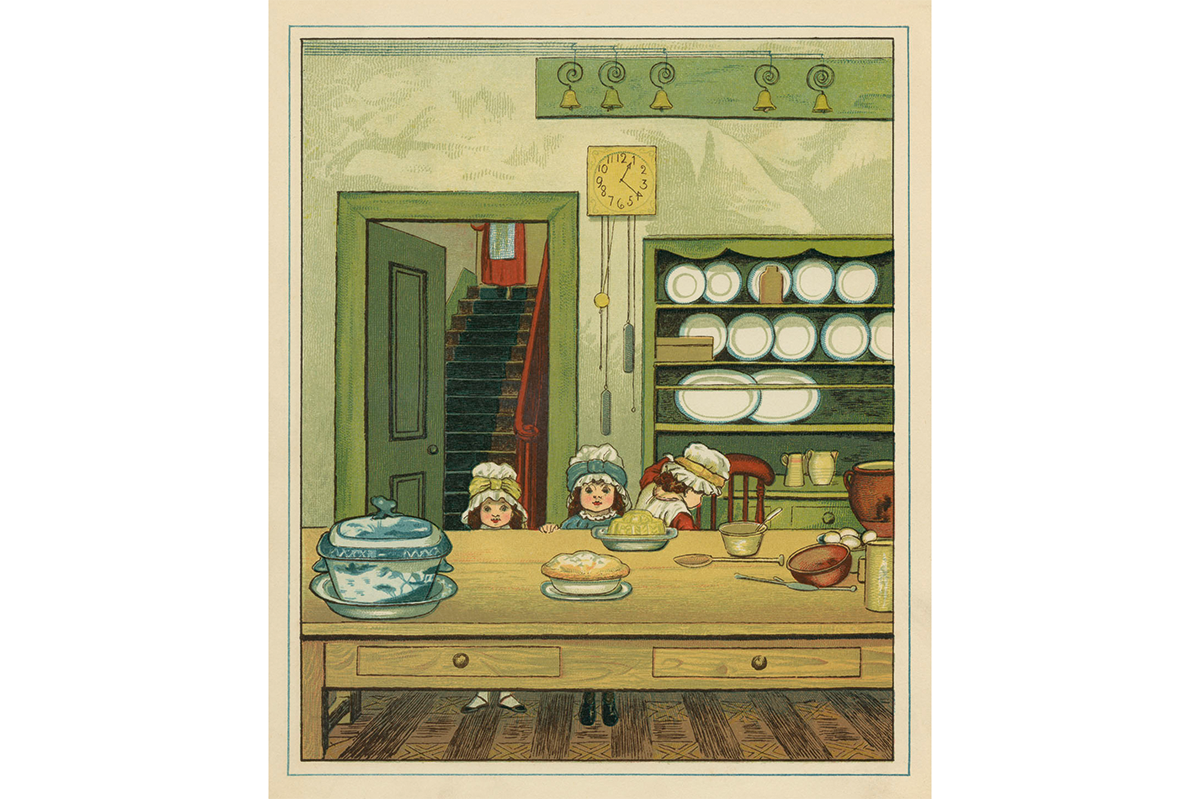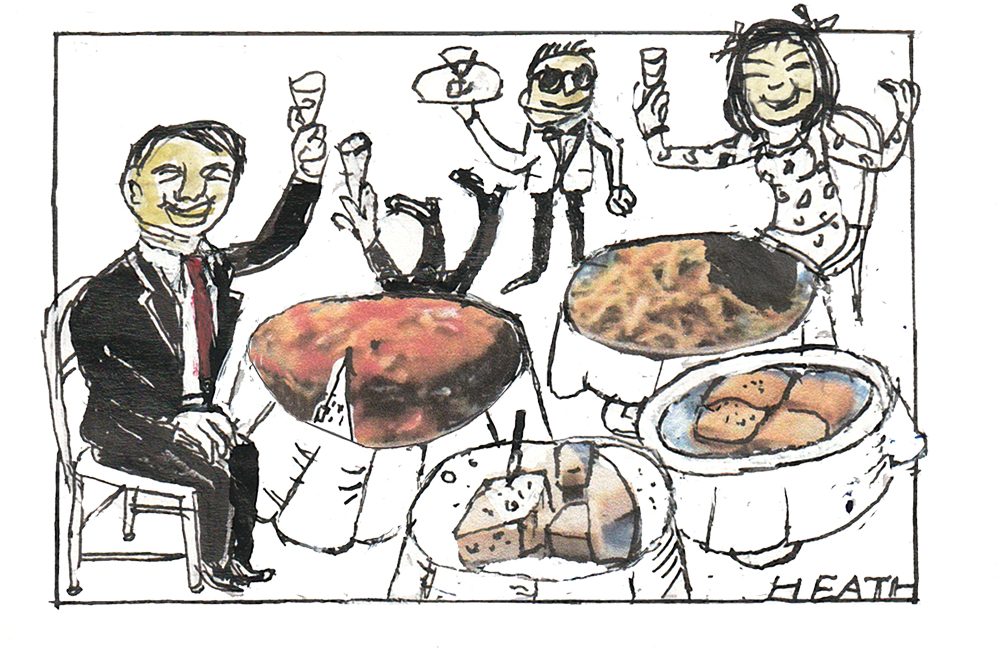So, the British government is to ban ‘junk food’ adverts before the 9 p.m. watershed as well as restricting online food ads. Their prime minister, Boris Johnson, seems to have realized that he is overweight and so now the whole country must be subjected to an ever-growing assortment of gastronomic restrictions.
The first of many problems, however, is that Britain’s civil servants don’t actually have a definition for ‘junk food’. The category used instead is ‘high in fat, sugar and salt’ (HFSS), a designation that is ridiculously broad. Certain foods that would normally fall into the category are exempt. Honey, olive oil, avocados and Marmite are among those reportedly saved. If this is a representative sample, it seems that fatty and sugary foods will be given the green light so long as the upper-middle classes like them.
Other upper-middle-class sensibilities have also been respected. Most of us don’t much care about the rights of big corporations but sympathize with local businesses, such as bakeries and cafes, which would be prevented from advertising their wares online ever again. The UK government has finally recognized this and intends to exempt companies with fewer than 250 employees from the ad ban.
Fundamentally, though, the system used to categorize a food product as HFSS is fussy, puritanical and creates absurdities such as classifying olive oil and mustard as ‘junk food’ — but it is at least based on something measurable, i.e. the amount of fat, sugar or salt in a product. Without it, you are left with bureaucrats arbitrarily deciding that cereal bars are ‘unhealthy’ but jam is fine based on nothing but snobbery and gut instinct.
Companies with fewer than 250 employees do not generally advertise on TV, so the exemption for small businesses will be of no benefit to broadcasters. Ad spend will be displaced to billboards and print. It is only a matter of time before nanny state campaigners demand an end to all so-called ‘junk food’ advertising in any medium.
Commercial breaks after 9 p.m. will be heavily dominated by supermarkets and gambling, revenues will decline and there will be less money to make TV programs. It would be a delicious irony if Jamie Oliver’s cooking shows were canceled as a result. In 2018, Channel 4’s chief commercial offer said: ‘Jamie is obviously free to have his agenda. We fund and commission loads of great shows about health and if we’ve got less money we can afford to put less shows like that out.’ In other words, nice show you’ve got there, Jamie. It’d be a shame if someone decommissioned it…
The exemption for smaller businesses is a tacit acknowledgment that banning adverts for normal, everyday food products stifles competition, hurts businesses, harms advertisers and is bad for consumers. The British government should extend that logic to all businesses and accept that advertising biscuits, sandwiches and cakes should not be a criminal act under any circumstance, regardless of how many people the company employs. Under the new proposals, the local corner shop will be able to advertise Cadbury’s Dairy Milk but Cadbury’s will not.
No government anywhere in what we used to call the free world has introduced such far-reaching restrictions on food marketing as the British. It is surely discriminatory and anti-competitive to ban one company from advertising a product while allowing another company to advertise exactly the same product. I am sure the UK government has consulted its lawyers, but it feels like the kind of thing governments shouldn’t be allowed to do under competition law or even World Trade Organization rules. It surely wouldn’t be allowed in a country with a proper constitution. But in Britain, there is no protection for free speech, commercial or otherwise.
Within hours of the new policy being announced, Boris Johnson tweeted a photo of himself tucking into a Jam ’n Cream Ring at the Fox’s Biscuits factory in Batley. Had his spin doctors let him down with bad timing? Or was it a cry for help from a prime minister who finds himself pushing nanny state policies that were too extreme for his predecessors and which he would have ridiculed without mercy if he were still a journalist?
This article was originally published on The Spectator’s UK website.

























